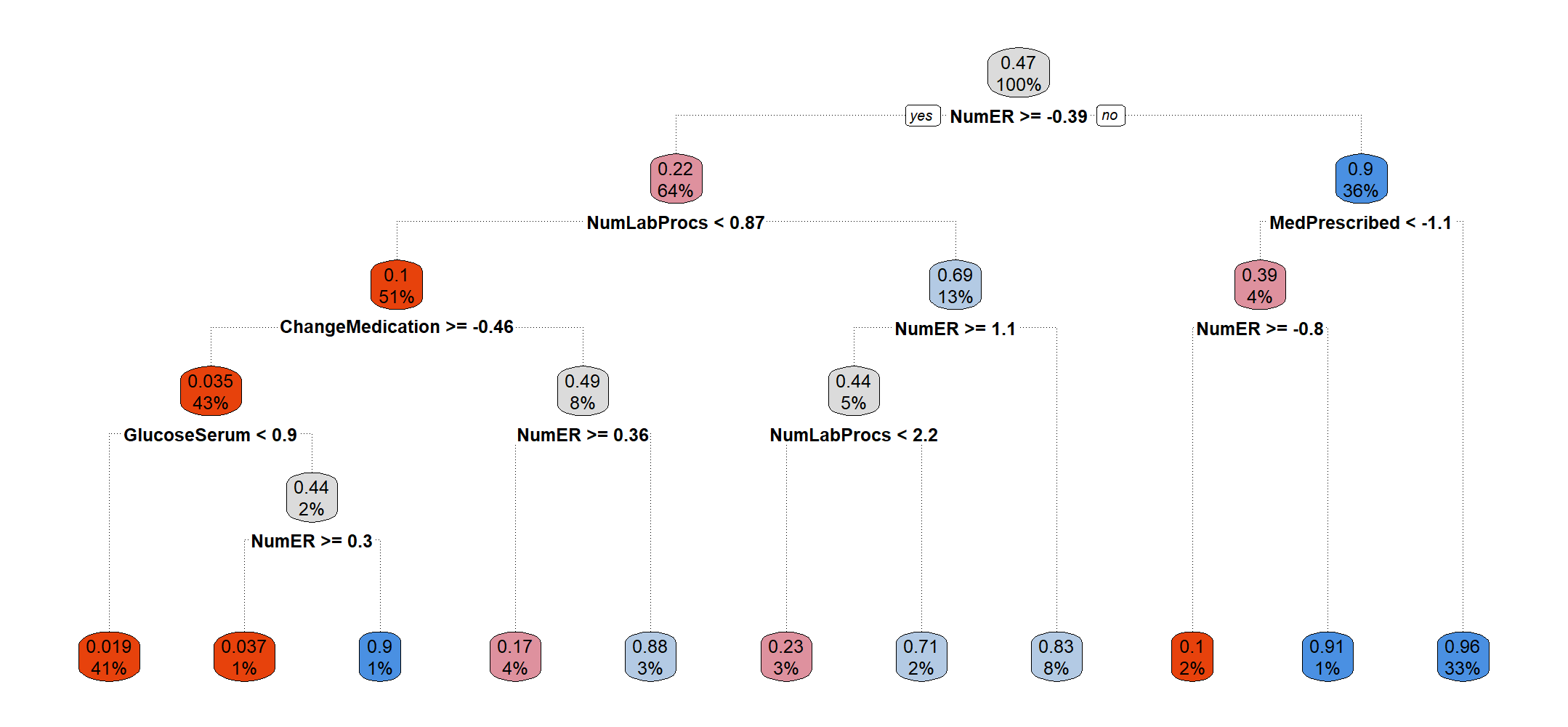Risk Assessment for Hospital Readmissions: Insights from Machine Learning Algorithms
Keywords:
Hospital readmissions, Machine learning algorithms, Healthcare costs, Emergency room visits, Medication changes, Risk assessmentAbstract
Hospital readmissions have become a major concern for healthcare providers due to their impact on patient outcomes and healthcare costs. In recent years, there has been a growing interest in using machine learning algorithms to identify factors associated with hospital readmissions and improve risk assessment. This research presents the results of a study analyzing hospital readmissions using a dataset of 130 US hospitals for years 1999-2008. Three machine learning algorithms were used to identify factors associated with hospital readmissions: random forest, XGBoost, and decision tree. The results of the study showed that the most important factor across all three algorithms was the number of emergency room visits in the year before hospitalization. The second most important factor was the number of lab procedures performed during the hospital stay. The third most important factor varied among the three algorithms, with ChangeMedication (change in diabetes medication) being important in random forest and XGBoost, while MedPrescribed (diabetes medication prescribed) was important in decision tree. Interestingly, age was found to be the least important factor in all three algorithms. These findings suggest that changes in medication and the number of emergency room visits and lab procedures may be key factors in predicting hospital readmissions. Healthcare providers can use these findings to develop comprehensive risk assessments that take into account a wide range of factors, including medication changes, prior healthcare utilization, and current healthcare needs. By analyzing readmission to develop targeted interventions and care plans, healthcare providers can help reduce the risk of hospital readmissions and improve the overall quality of care for patients.




